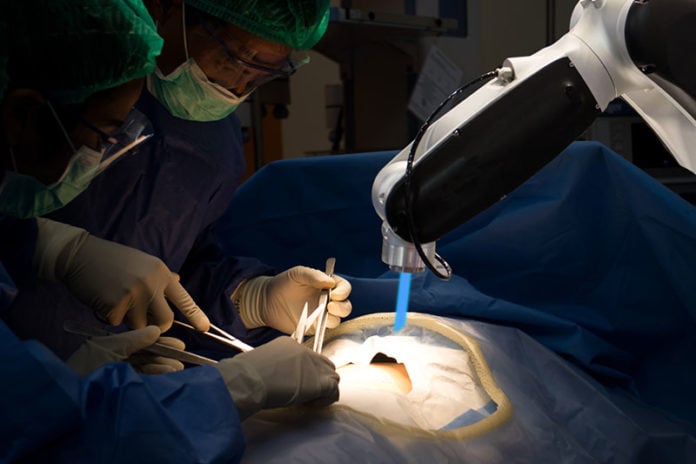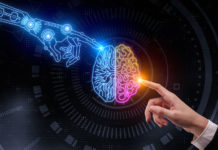With the rapid rollout of technology into every industry, healthcare is no exception. Robots, and advanced scanners are already used to guide surgeons, or even conduct limited procedures autonomously. However, industry experts see an emerging place for Artificial intelligence (AI) in healthcare.
Leading the way in the merger of AI into the healthcare sector is Japan – a modern western nation, widely known for its technological prowess. Already Japanese society is grappling with emerging questions of medical ethics, in a world where robots have access to vast amounts of highly personal healthcare data, and even decision-making capability.
A report that is to be released in near future, in the Interaction Studies called the “The Ethics of Robotic Caregivers”, from Amitai and Oren Etzioni, attempt to address developing concerns over medical ethics and privacy by exploring ways that human caregivers and AI might be ethically used in the future, in order to drive even better patient outcomes.
An example that puts the picture in a different view is from Japan, where the workforce is being reduced, and the population in itself is growing old, the robot’s role in providing assistance in medical institutes is a new and rapidly growing trend. However, there remain to be two schools of thoughts on the subject, one worries about the implications of the unsupervised use of these robots, and then other concerns related to the privacy of the patient, and the potential of negative execution of programming of these robots. The second school of thought supports the implications of AI in the medicinal care sector, which not only significantly reduces the costs, but they also argue that all the concerns related to ethics can be addressed and corrected.
The report suggests that AI research should be categorized into two main categories. The First category – “AI – The Mind” would be focusing on the autonomous functions that may be best explained by the self-driven cars. The other category may include “AI – the Partner”, it describes the program which would operate alongside human activity.
The report says, “‘AI: the Partner’ is out to make it clear that there are some things that machinery and computers are much better at: memory, obviously, is one—the smallest computer can beat a human at memory,” he said. “But at some things humans are much better, like touch. …The division of labor: What can we turn over to a computer and what can we leave in human hands?”
Caleb Watney, a technology policy associate for the R Street Institute, is of the belief that the open-sourcing and transparency would not only protect the privacy, but would also safeguard the AI.
“If companies have no liability for having consumer data breached through a cyber attack then they have every incentive to just collect as much data as physically possible because you never know when it might be useful,” he had said. “But if companies have to weigh the additional benefit from collecting more data against the potential liability if that data gets hacked, then that should put in more of a balance there and cause companies to always question, should we really be collecting this data?”






























